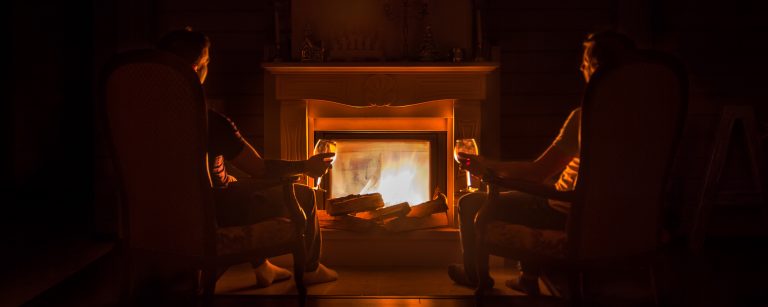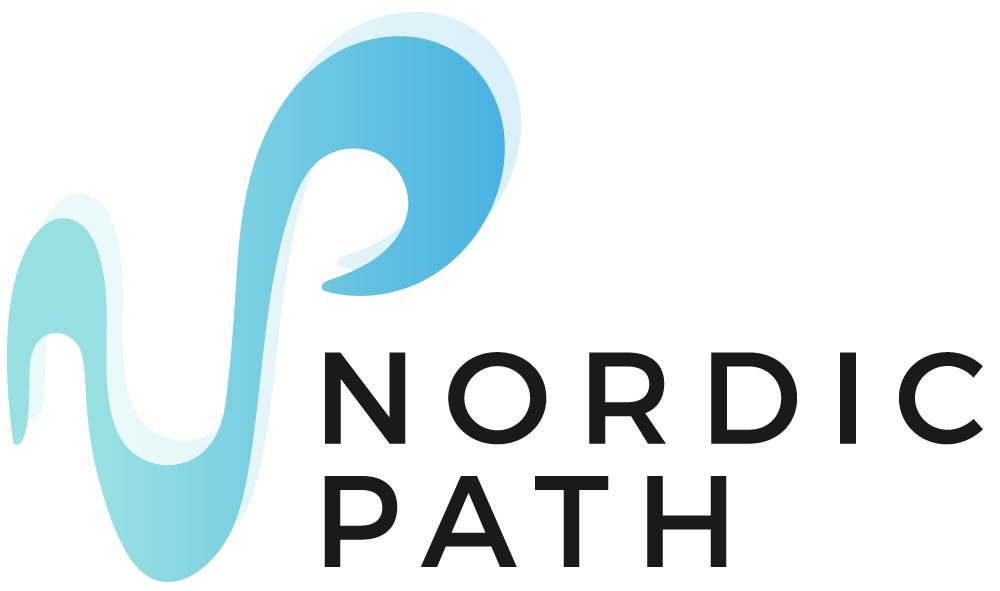The past month of March, our Living Lab in Kristiansand hosted its first webinar on wood-burning practices. Due to the higher level of fine fraction particulate matter (MP2.5) during wintertime, the municipality of Kristiansand’s concern on the topic raised. As wood-burning is crucial to Norwegian culture, making the discussions about the reduction of PM2.5 emissions a touchy topic. Therefore, the municipality has started campaigns to raise awareness on this issue amongst its inhabitants. The activities have included the dissemination of 25 air-quality sensors distributed to volunteer citizens to measure particulate matter in key areas of the city, an online survey on wood-burning practices and house heating that has run during the winter and spring months, and, most recently, a webinar to discuss the issue and start co-imagining solutions on how to reduce the PM2.5 levels during wintertime without banning wood burning.

22 people registered for the webinar. In addition, 2 representatives of Kristiansand municipality, 3 representatives of the NordicPATH project, and 3 experts from NILU, the Norwegian Institute of Public Health, and the Norwegian Asthma and Allergy Association were participating in the workshop as experts. The first half of the session included short contributions from the aforementioned experts about preliminary results from the ULL activities (air quality measurements by citizens and the online survey) and knowledge on wood-burning (emissions from different stoves, health aspects, correct use of wood-burning facilities to reduce indoor exposure). The second half left room for an open discussion that touched upon key areas of concern for the participants, including:
- The importance of the cultural aspects of woodburning in relation to health effects;
- The emissions from woodburning in relation to other emissions. The importance of a “nuanced” discussion;
- Energy efficiency and the need to spread the information about a “best practice” of woodburning;
- The need to upgrade old wood burners in relation to costs and possibilities of getting financial incentives.
The wood-burning webinar was one of the initial ULL activities in Kristiansand. We are happy to see that this first attempt by the municipality to engage on a controversial topic turned to be an open dialogue with all participants at the same level. Instead of frightening citizens about data or potential measurements restricting their leisure activities, the session was open for participants’ inputs on the topic.
The participants acknowledged the importance of wood-burning and agreed it has to be kept balanced between cultural habits and detrimental health effects. Suggestions for improving the efficiency of woodburning stoves and how to improve the municipality’s communication routines were also made. These ideas have also been reflected in the replies provided through the Menitmeter© shared after the webinar and filled up by the participants.
Despite the majority of participants were already somehow connected to the project activities, and it was challenging to recruit people that are not already engaged in the topic or the Living Lab, this event proved to be a suitable tool for the municipality to gain inputs and feedback from those that do not work in the municipality. Both the municipality and we at NordicPATH are very positive about the constructive discussion and the insights they received. This knowledge, together with the results from the wood-burning survey, will be used in the upcoming work on the action plan to reduce emissions and improve air quality in Kristiansand.
As a follow-up, a co-creation workshop is planned to take place before the summer, where representatives from the municipality, from the private sector, and other actors (e.g., wood stove producers, retailers of firewood, fire brigade, etc) will discuss how they can work together to reduce emissions from woodburning in Kristiansand in the future. The format for such a co-creation workshop has to be planned together with the NordicPATH partners that are experts in participative planning in order to “get the most out of it”. We will inform you of the dates and further details soon through our project channels. Stay posted!
You can find the full report of the workshop in our ‘Resources’ section
